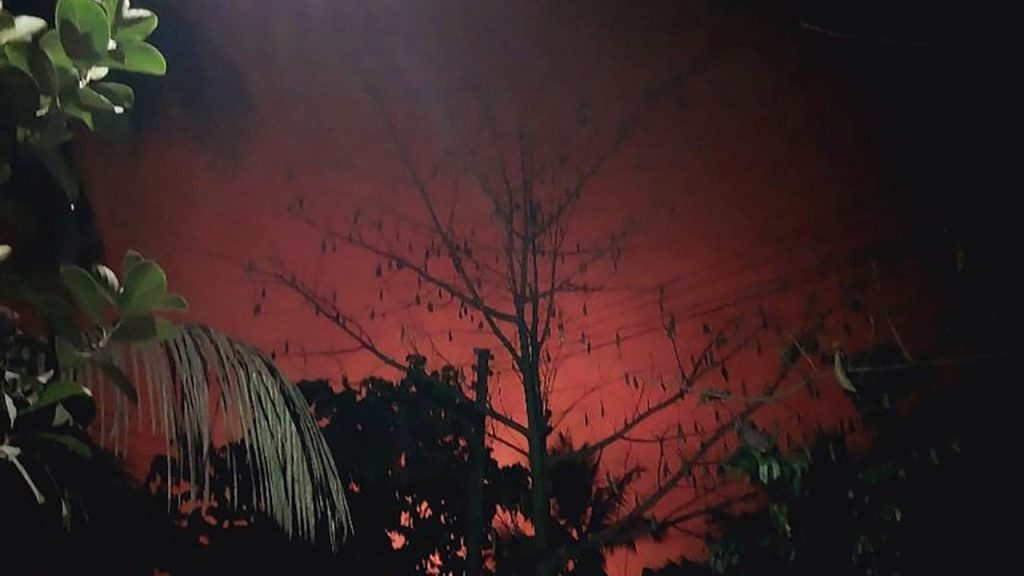A spokesperson for Burma’s military government denied allegations that army troops and their allies killed 76 people in a village in Rakhine state. Rakhine has been a focal point for Burma’s civil war, where pro-democracy guerrillas and ethnic minority armed forces are pitted against the military rulers who took power in 2021. The conflict has raised fears of violence against the Muslim Rohingya minority, reminiscent of the 2017 exodus of Rohingya refugees to Bangladesh. The accusations of the massacre in Byine Phyu village were made by the Arakan Army, an ethnic armed organization that has control over several townships in Rakhine.
The Arakan Army, the military wing of the Buddhist Rakhine minority political movement, is seeking autonomy from the central government in Burma. The group has been accused of human rights violations, particularly in its capture of the town of Buthidaung, where it was accused of forcing residents, mostly Rohingya, to flee and setting fire to buildings. However, conflicting reports blame the army for the destruction. The incident in Byine Phyu village was similarly disputed, with the military spokesperson claiming only three suspects were shot, while the Arakan Army alleged the mass killing of 76 people. The U.N. human rights office has expressed concern over the escalating violence in Rakhine.
The situation in Rakhine has caused concern that the Rohingya minority may face renewed persecution, similar to the violent campaign that led to the exodus of Rohingya refugees in 2017. The Rohingya, who have lived in Burma for generations, face discrimination and are denied citizenship and basic rights by the majority Buddhist population. After the capture of Buthidaung by the Arakan Army, Rohingya activists accused the group of burning down houses and displacing residents, but the Arakan Army denies these allegations and blames the destruction on the military government’s troops. The reports of violence in Rakhine have sparked fears of a resurgence of organized violence against the Rohingya minority.
The Arakan Army’s capture of multiple townships in Rakhine has intensified the conflict in the region, with accusations of human rights violations and mass killings by both sides. The tight restrictions on travel in the region make it difficult to verify the details of such incidents independently. The ongoing conflict between pro-democracy guerrillas, ethnic minority armed forces, and the military government has raised concerns about the safety of civilians, particularly the Rohingya minority. The fighting in Rakhine has drawn international attention and condemnation, with calls for greater protection of civilians and respect for human rights.
The situation in Rakhine highlights the complex challenges facing Burma, as different armed groups vie for control and autonomy in the region. The competing claims and reports of violence underscore the urgent need for an impartial investigation into the alleged violations and abuses. The international community must play a role in promoting peace and stability in Burma, while also addressing the root causes of the conflict to prevent further violence and displacement. The protection of vulnerable populations, including the Rohingya minority, is paramount in resolving the crisis in Rakhine and ensuring a peaceful and inclusive future for all communities in Burma.













